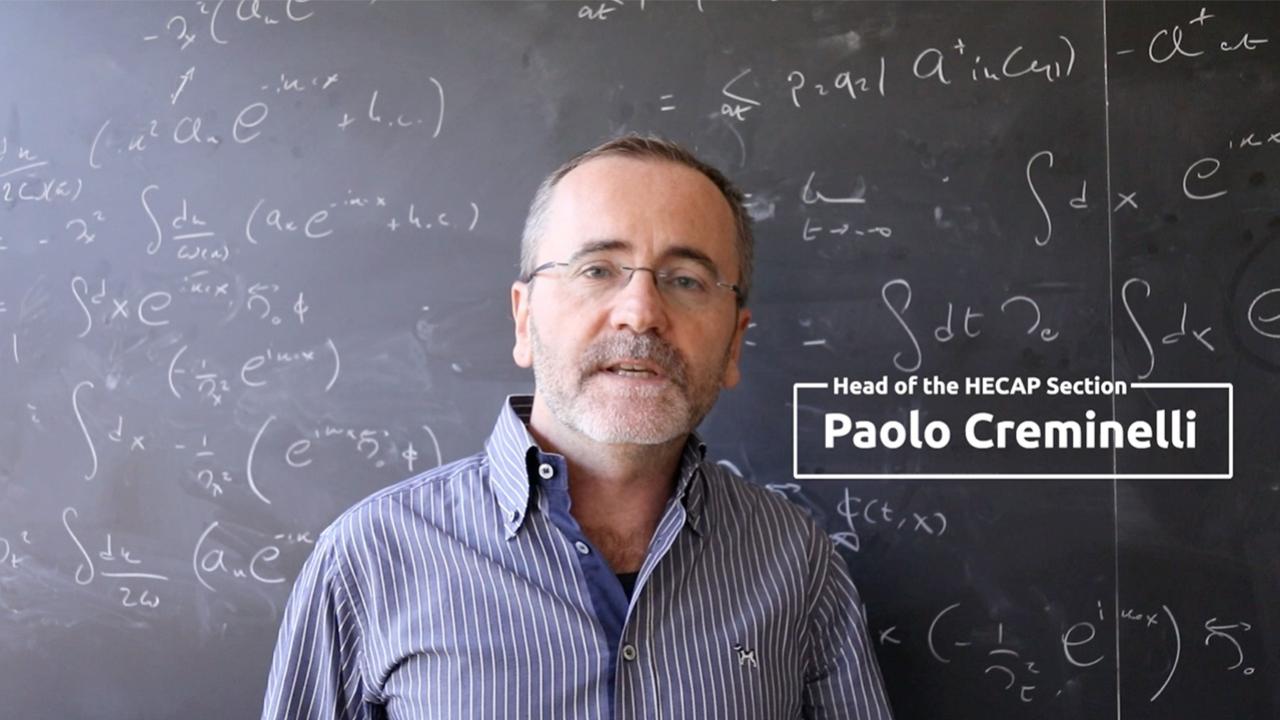
ICTP is widely regarded as an extraordinary environment for advancing knowledge in the physical and mathematical sciences, with a permanent faculty of distinguished scientists who conduct rigorous world-class, curiosity-driven research in frontier and interdisciplinary topics ranging from string theory, cosmology, and black holes to quantum computing, climate science, and quantitative life sciences.
As science evolves to investigate new problems and answer new questions, so has the research carried out at ICTP. Founded by theoretical particle physicist and Nobel Prize Laureate Abdus Salam, over time ICTP has evolved to encompass a wide range of research areas in physics, including applications of science technology.
Although physicists have built a detailed picture of the world, many questions remain open. As a direct descendent of Abdus Salam’s original research group at ICTP, the High Energy, Cosmology and Astroparticle Physics (HECAP) section at ICTP tackles fundamental questions to understand the basic laws of nature. HECAP researchers explore some of the most exciting areas in physics today, from string theory to physics at large energy colliders, from neutrino phenomenology to alternative cosmologies.
ICTP is glad to release a new video featuring ICTP Senior Research Scientist Paolo Creminelli, Head of the HECAP section, as he presents the topics that researchers in the section explore.
During the whole week of 29 April, ICTP will be sharing content related to the HECAP section on its social media, including a short video featuring ICTP research scientist in the HECAP section Agnese Bissi, as she explains what symmetries are and why they are important in a short, informal chat over a coffee. Find her on Instagram, Facebook, X and Linkedin.
Follow us on Instagram, Facebook, X and Linkedin to learn more about ICTP’s research sections and explore the fascinating science done at ICTP.
















